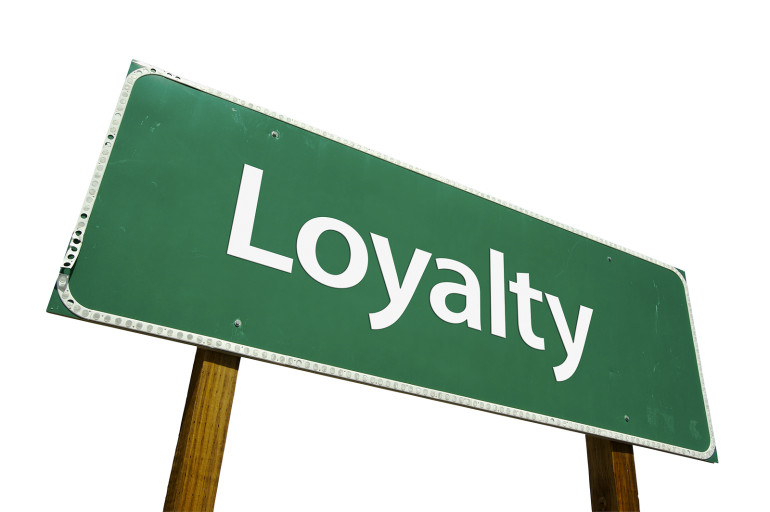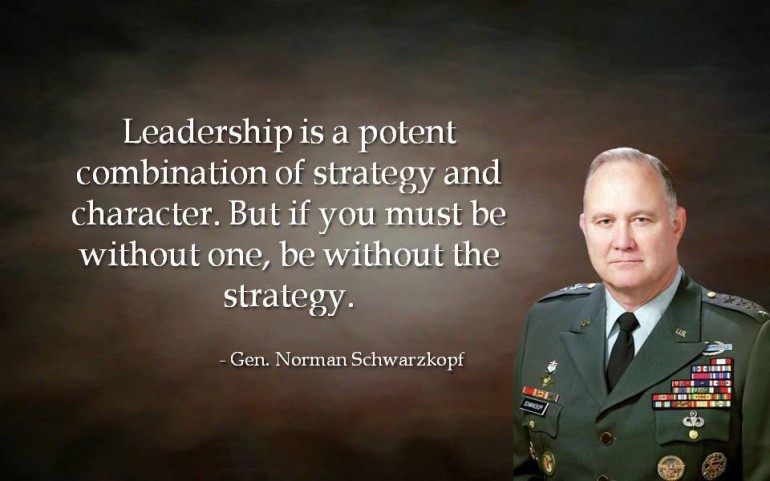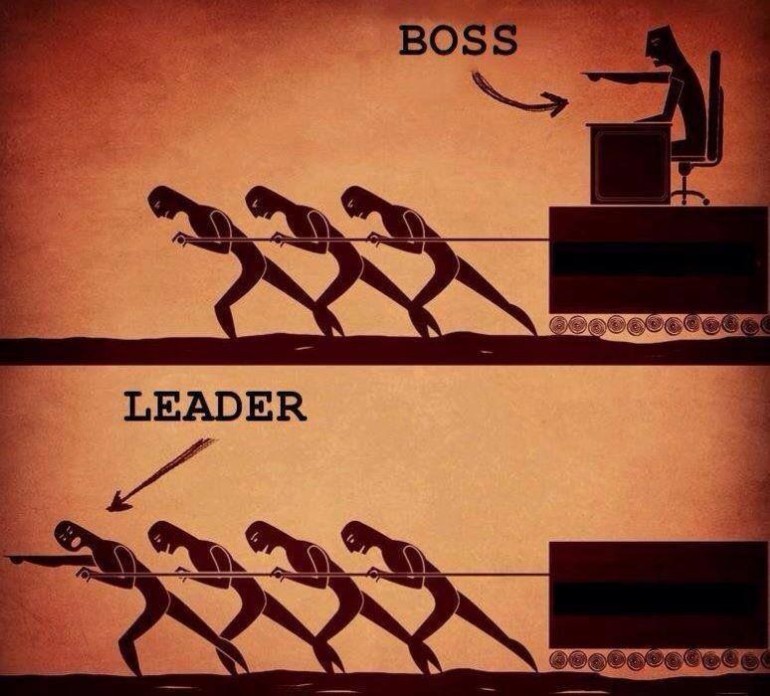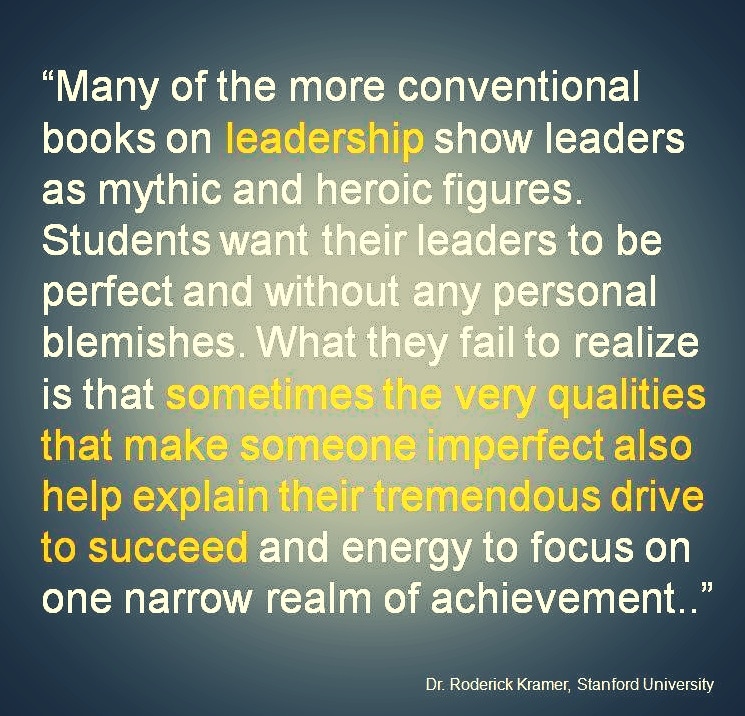The deterioration of loyalty in the workplace has been the subject of much debate and concern. Economic recessions make employers appear ruthless when they layoff their workers. It would appear that disloyalty seems to be the norm as employees search persistently for more lucrative or more fulfilling work. Gone are the days of forty-year careers followed by hefty retirements. Regular job transitions are the new reality.
Organizational cultures lacking loyalty are doomed. With too little loyalty, motivation plummets and cynicism lurks and will divide employees from the organizations in which they serve. In a climate of disloyalty, backstabbing, second-guessing, and finger-pointing contaminate relationships and destroy productivity and effectiveness.
What can a leader do to earn the loyalty or his or her people?
For a moment, let’s examine why we’re loyal in the first place. Generally, we’re loyal to companies for three main reasons, 1) the relationships we have in the organization, 2) the values we share in common with the organization, and 3) the sense of fulfillment we derive from our role within the organization. Each of these reasons provides motivation for us to commit ourselves to a job.
This is not new information, but it’s worth it to repeat, people don’t walk away from a job or organization; they walk away from a manager. The best way to build loyalty is by making an effort to know people at a personal level. Find common interests and build bridges into their world. Understand what makes them tick. Reward their successes. Appreciate each person in a way that recognizes and validates his or her unique personality.
People are drawn to the values espoused by an organization, and they will stick by their side because they share those values. It’s critical for an organization to be clear about its values from the hiring process onward. It’s not enough for an organization to profess its values; it must consistently walk in step with them. Organizations should allow their values to be scrutinized, and give employees permission to hold the organization and leadership accountable to them. Leaders must be able to explain any behavior which appears not to align with values, swiftly confront behavior that runs contradictory to values, and seek forgiveness when the organization and its leaders fail to uphold values.
Like it or not, “What’s in it for me?” is the refrain at the forefront of the minds of those you lead. To win loyalty, cast a vision for the future so that each person sees how they will benefit by being part of the team. Be intentional about uncovering each person’s strengths, and, as much as possible, position them where their job duties match their desires. Train, mentor, and stretch every person under your leadership. People respond with loyalty to those who invest in them.




